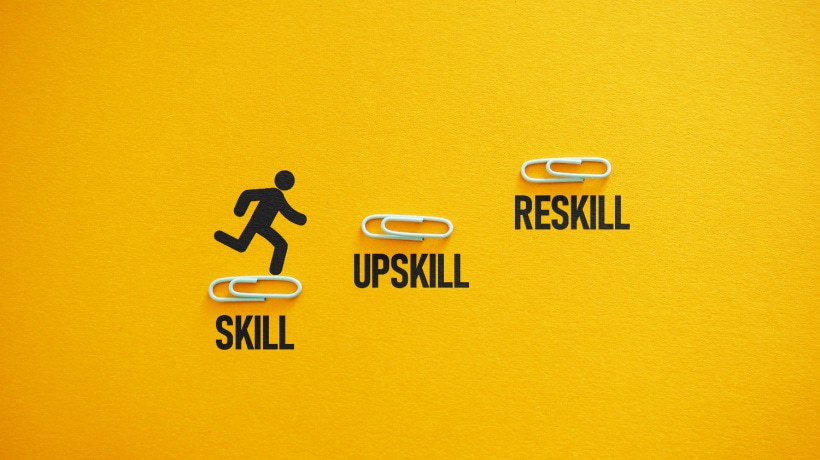Artificial intelligence
fromeLearning Industry
1 week agoHow L&D Analytics And Skills Gap Analysis Drive Predictive Development And Business Results
Predictive L&D analytics transforms skills gap assessment into real-time forecasting, aligning learning investments with revenue, retention, and operational efficiency.















